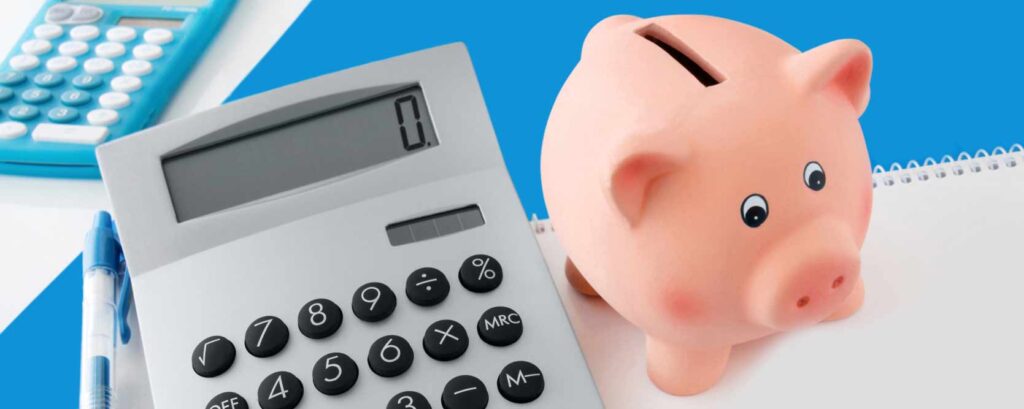Getting zero taxes back might not seem like the most attractive idea if you’re used to getting sizable returns. However, there are some benefits to zeroing out your return. It means you’ve paid exactly what you owed in taxes throughout the year, and weren’t essentially giving the federal government an interest-free loan in the previous 12 months. It also means you weren’t shorting the government and finding yourself with a sudden unexpected tax liability at the end of the year.
A relatively low percentage of tax filers achieve a zero bill on their return, whereas you can expect about 70 percent of tax filers in a given year to overpay, which makes them eligible for a refund. Rather than getting that refund back during tax season, you can make it your mission to never give up that money at all, putting it to good use throughout the year.
What to know about getting your return to zero
Your first step will be to estimate what your total tax liability will be in advance. This process should be fairly simple if you have a set salary, because you already know what your income for the year will be. However, if you’re an hourly, seasonal or self-employed worker, you’ll have to make your best guess as to what your income will be based on your earnings history.
Once you have a sense of how much money you’ll owe in taxes at the end of the year, you can then determine how much money you’ll need to withhold during each pay period so you can get down as close to zero as possible on your return.
If you haven’t been withholding enough taxes, then you should fill out a new W-4. On line 6, which indicates the additional amount you want to withhold from each paycheck, you will put the difference between what you are paying each period and what you should be paying each period. This is going to be a more accurate way of getting close to zero than adjusting your number of withholding allowances.
If you’ve been overpaying and need to take some money back for each pay period to get closer to zero, then you can try increasing the number of your withholding allowances. However, you must have a legitimate reason for doing so. If there is no reasonable basis for increasing your withholdings, the IRS can fine you. There are even criminal penalties that can result from providing false information on your taxes.
You should also make sure you’re at least paying enough taxes throughout the year to avoid additional interest or penalties. The last thing you want to do is actually increase what you owe the federal government as a result of poor tax planning.
For more information about the steps you should take to get your tax return as close to zero as possible, you should contact a reliable tax service in Des Moines, IA. Accounting & Tax Professionals, PLC has over two decades of experience—we’d love to meet with you soon!

